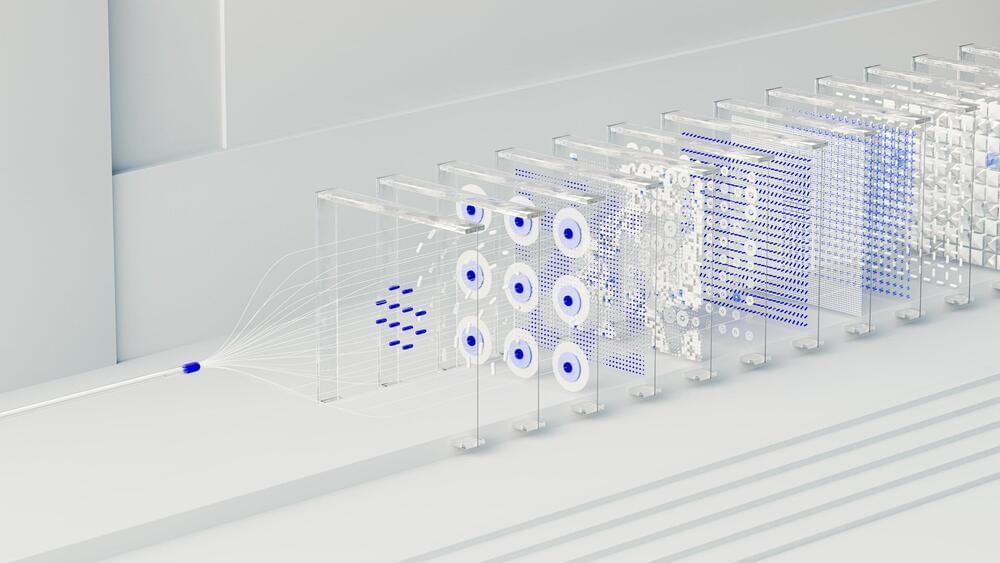Joscha Bach is a German artificial intelligence researcher and cognitive scientist who works on on cognitive architectures, mental representation, emotion, social modeling, and multi-agent systems. We got connected over the hard problem of consciousness — namely, why do people seem to think it’s so hard? During our conversation we deal with the foundational questions of the technological future being built in Silicon Valley, the fever dream of machine intelligence, and try to understand why people seem to think that there’s even such a thing as the hard problem of consciousness in the first place.
Support the scientific revolution by joining our Patreon: https://bit.ly/3lcAasB
Tell us what you think in the comments or on our Discord: https://discord.gg/MJzKT8CQub.
00:00:00 Go!
00:04:09 Career Advice.
00:11:31 Beauty, Grace, & Hotness.
00:13:48 Putting on Airs.
00:22:32 Patreon Ask.
00:22:33 Winning for the sake of winning.
00:29:35 Transformative experiences.
00:36:25 Speciation event, or crap again?
00:42:17 Who is Joscha Bach.
00:52:39 Physics & Causality.
01:00:52 Physics vs Biology.
01:12:16 Life vs Cells.
01:20:14 Biosynthetic AGI
01:28:15 Creativity & Novelty.
01:38:52 Wetware & Neuromorphic computing.
01:50:46 The Limits of Hardware.
02:05:07 The value of Agency.
02:15:47 Layers of Society.
02:35:03 Chimp Empire.
02:52:31 Collapse.
03:05:13 The Hard Problem.
03:43:28 Computer Imagination.
04:02:52 How reasoning works.
04:14:28 Reward Functions.
04:20:01 Consciousness dreams.
04:25:35 The heart of the disagreement.
04:30:15 Consensus.
#AGI #consciousness #machinelearning.
Check our short-films channel, @DemystifySci: https://www.youtube.com/c/DemystifyingScience.







